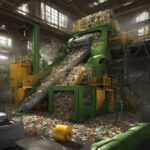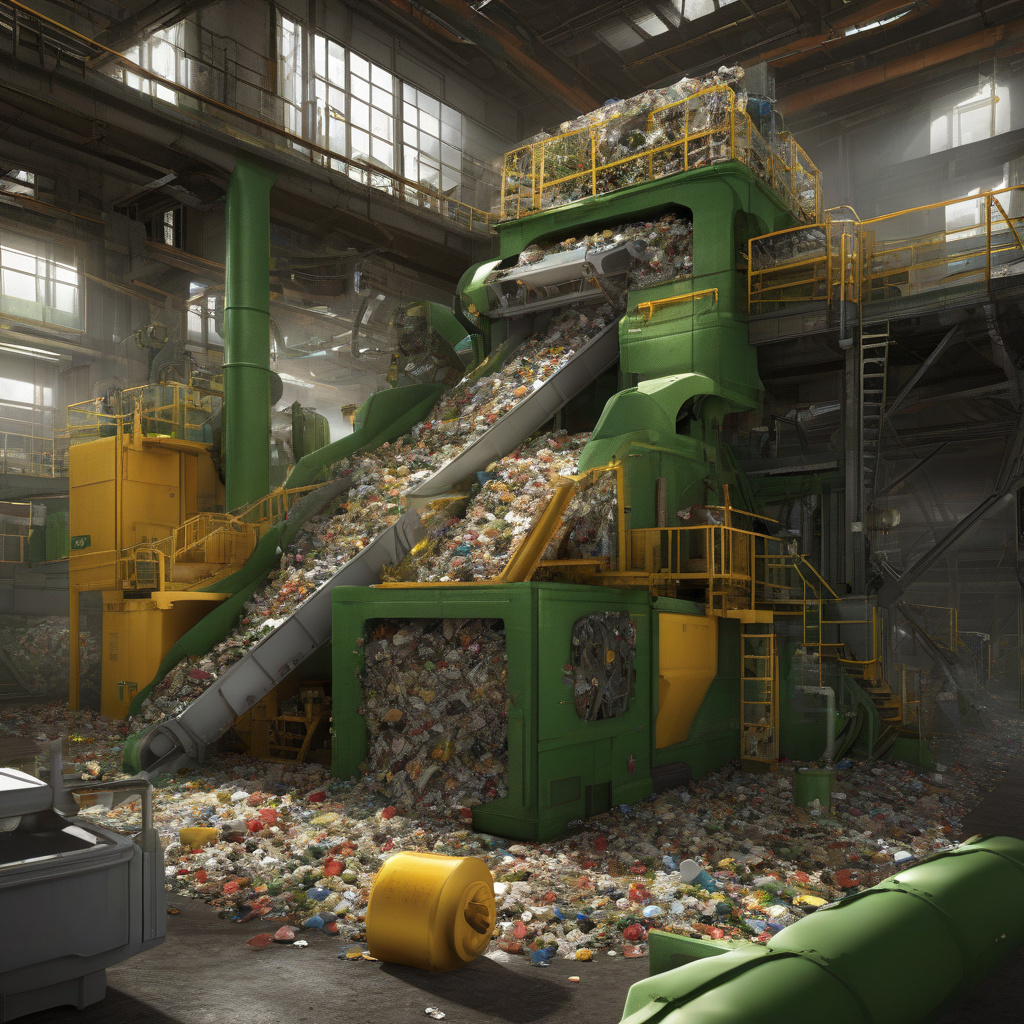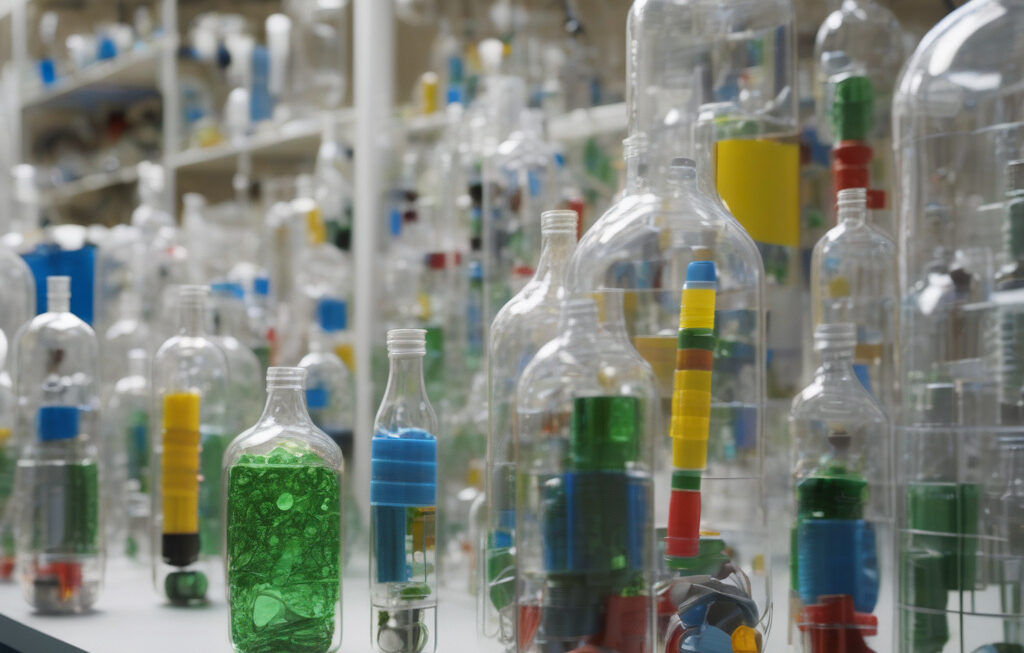Smash, Crack, Repeat: Mechanical Recycling Could Finally Tame Stubborn PET Waste
Sometimes, all it takes to break the unbreakable is a good hit. Scientists have discovered that the key to tackling the growing issue of PET waste lies in mechanical recycling. Polyethylene terephthalate, or PET, is a type of plastic that is widely used in packaging for beverages, food, and personal care products. While PET is highly recyclable, the process has its limitations. Traditional recycling methods often result in a downgraded form of the material, reducing its quality and usability. This has led to a significant build-up of PET waste in landfills and oceans, posing a serious environmental threat.
Mechanical recycling offers a promising solution to this challenge. Unlike traditional recycling, which involves melting down the plastic to create new products, mechanical recycling focuses on breaking down the waste into its original building blocks. This process preserves the quality of the material, allowing it to be reused in the production of new PET products without degradation. By smashing and grinding the waste into small particles, mechanical recycling can effectively separate impurities and contaminants, resulting in high-quality recycled PET.
One company at the forefront of mechanical recycling innovation is Loop Industries. Loop Industries has developed a patented technology that breaks down PET waste at the molecular level, producing virgin-quality plastic that can be used in a variety of applications. By harnessing the power of mechanical recycling, Loop Industries is not only reducing the amount of plastic waste that ends up in landfills but also minimizing the need for new plastic production, ultimately lowering carbon emissions.
In addition to its environmental benefits, mechanical recycling also offers economic advantages. The demand for sustainable packaging solutions is on the rise, driven by consumer awareness and regulatory pressures. Companies that adopt mechanical recycling processes can meet this demand while also reducing their reliance on fossil fuels. By investing in mechanical recycling technology, businesses can create a closed-loop system that promotes sustainability and resource efficiency.
The success of mechanical recycling hinges on collaboration between industry stakeholders, policymakers, and consumers. Governments can play a crucial role in incentivizing the adoption of mechanical recycling through legislation and financial support. Companies can also drive change by incorporating recycled PET into their products and educating consumers about the importance of recycling. By working together, we can harness the power of mechanical recycling to create a more sustainable future for generations to come.
In conclusion, mechanical recycling holds immense potential in taming stubborn PET waste. By breaking down barriers and reimagining the recycling process, we can pave the way for a circular economy where waste is minimized, and resources are maximized. With continued innovation and investment in mechanical recycling technologies, we can turn the tide on plastic pollution and create a cleaner, greener planet for all.
recycling, PETwaste, sustainability, innovation, circular economy












